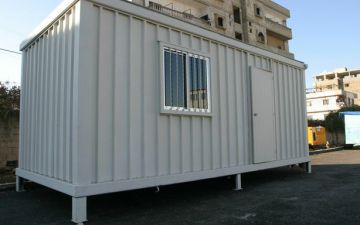All year, a string of car bombs, assassinations and the encampment of anti-government protesters in downtown Beirut had elevated fears that Lebanon's deepening political crisis could ignite an all-out war. Then a fierce clash erupted May 20 that pitted the national army against a surprising foe: a little-known militant group comprising hundreds of fighters firmly entrenched in the Palestinian camp at Nahr al-Bared.
The battle raged for 15 weeks, scattering the camp's 31,000 residents and shocking a fearfully divided nation. When the fighting ended Sept. 2, it had claimed hundreds of lives, leveled most of the camp and stretched the army perilously thin. In a country where Palestinians are still blamed for triggering the last civil war, it had raised the grim possibility that violence could spread to 11 similar camps. 'Post-Annapolis' discussions on the prospects for Palestinian statehood largely ignore the fate of Lebanon's 400,000 Palestinians. But the untold stories behind the rise of Fatah al-Islam, the ongoing displacement of Nahr al-Bared's two-time refugees and what –– if anything –– the government will do about the dismal conditions and shifting alliances within the camps, will help determine the region's future.

